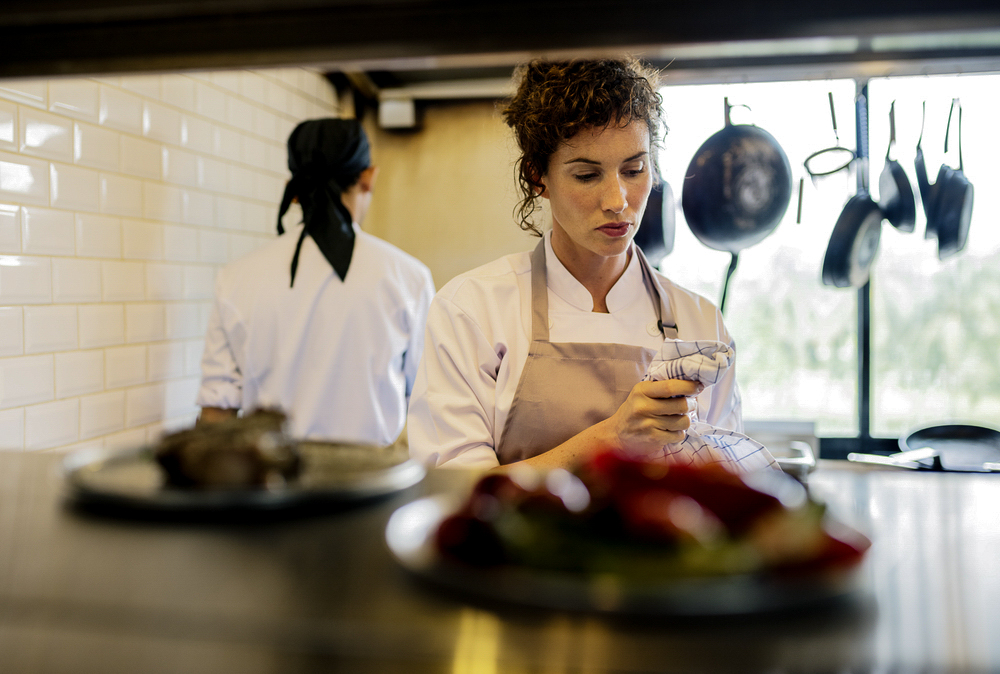
Still not as popular in Australia as in the US, the appeal of cold brew coffee is growing amongst local coffee aficionados. It’s a refreshing alternative to a hot coffee in those blistering weeks of summer when the temperature climbs closer to 40 degrees. And brewed properly, it won’t need any sugar or milk, making it kinder to your waist. But there are other benefits to be enjoyed from drinking cold brew coffee.
Cold Brew, Not Iced Coffee
If you’re not familiar with cold brew coffee, the first thing you need to know is that it is not the same as iced coffee. They use completely different brewing methods.
Iced coffee is usually a hot brewed coffee with ice added to cool it down. The ice doesn’t only cool the coffee, it also dilutes it. And if you’re having an iced latte, the coffee is diluted even more through the addition of milk or ice cream.
Cold brew coffee is always made using room-temperature or cold water. Medium to coarsely ground beans are steeped in the water for anywhere from 8 to 24 hours, before being strained. The resulting coffee concentrate is then stored in the fridge and diluted slightly when served. The ratio of coffee and water with cold brew is quite different to that of regular coffee. While espresso is typically a 1:2 ratio–1 part coffee to 2 parts water–other brews are usually in the region of 1:15 to 1:17. The ideal ratio for cold brew coffee is 1:8. Which is why you’d want to dilute it before serving.
Shared Benefits of Coffee
Scientific studies have documented the various health benefits offered by drinking coffee in moderation–up to 750ml daily. Many of these are derived from the caffeine in all coffee drinks, aside from decaffeinated brews. That means both hot and cold brew coffee share benefits such as a short-term boost to both your metabolism and energy levels. There is also observable evidence of caffeine improving performance, alertness, and mood and being associated with a decreased risk of depression.
Finally, drinking coffee regularly has also been shown to reduce the risk of cardiovascular disease (CVD), type 2 diabetes, and even correlates with a reduced risk of developing Alzheimer's disease (AD) and Parkinson's disease (PD) as you age.
While the caffeine content of cold brew coffee concentrate is much higher than most hot brews, once diluted it is only slightly higher than a regular cup of coffee. Typical caffeine content in most hot coffee drinks is around 95mg, while diluted cold brew usually has a caffeine content of about 100mg. Depending on how many cold brews you enjoy a day–and the strength of the concentrate–that difference could offer a stronger boost.
Unique Benefits of Cold Brew Coffee
Many studies into the benefits of coffee and caffeine have focused only on regular brews of coffee, without considering any benefits exclusive to cold brewed coffee. However, one recent study did find that while the pH levels in both hot and cold brewed coffee were very similar, cold brew had much lower levels of titratable acid. This does not correlate to any gastric distress experienced by some people when drinking coffee, but it can influence the perceived sourness of coffee. Lower titratable acid levels could mean that cold brew coffee tastes less sour.
For some coffee lovers this would mean not having to add any milk, sugar, or sweeteners to their cold brew, lowering their calorie intake. This is good for your waistline, but it is also good for your energy levels, minimising any sudden spikes in your blood sugar levels. And one recent study suggests cold brew coffee could enhance the intestinal immune system.
Adding cold brew coffee to your menu could give your revenue a boost not only by attracting fans of this specialty drink, but also by appealing to regular coffee drinkers looking for something cooler on scorching days. With the added benefit of it being faster to prepare than hot beverages, since you can brew a large volume of the concentrate and safely store it in the fridge for several days.
The SITHFAB005 (Prepare and serve espresso coffee) unit covered by our accredited Barista Coffee Master Class course has not yet been updated by training.gov.au to include cold brew coffee. However, having your baristas complete this course–and even our non-accredited Coffee Appreciation class–will give them a better understanding of how grind size, blends, and roasting can all influence the quality of coffee beverages. And this is especially true for cold brew coffee.




